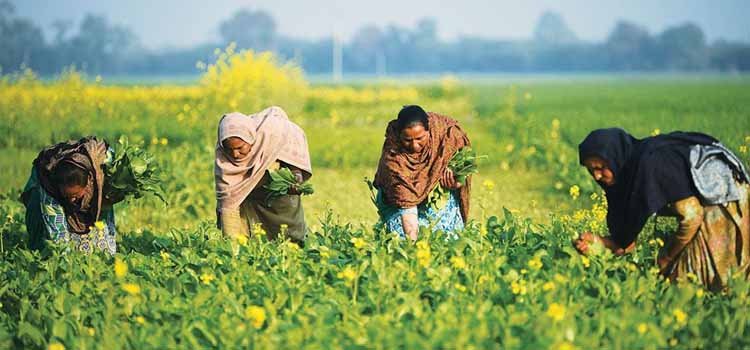WORLD
Closing gender gap in farming can add $1 trillion to global economy
- IBJ Bureau
- Apr 15, 2023

Eliminating discrimination against women in agriculture could increase the size of the world economy and reduce hunger at a time when a record 345 million people are expected to face acute food insecurity.
“Closing the gender gap in farm productivity and the wage gap in agri-food systems would increase global Gross Domestic Product (GDP) by 1 per cent, or nearly $1 trillion,” according to the Food and Agriculture Organization’s (FAO) The Status of Women in Agri-Food Systems report. “This would reduce global food insecurity by about 2 percentage points, reducing the number of food-insecure people by 45 million,” the study has said.
The number of people facing hunger this year is more than double what it was in 2020, according to the World Food Programme. The crisis has been worsened by severe droughts, export bans, Russia’s invasion of Ukraine and pandemic-induced, supply-chain bottlenecks.
“Sustainable and resilient agri-food systems depend on closing gaps in generating equality and empowering women,” Lauren M Phillips, the deputy director of the Inclusive Rural Transformation and Gender Equality division of the FAO, notes.
Policy actions recommended in the FAO report include boosting land ownership by women, improving access to childcare and increasing social protection, which can enhance employment and resilience.
This is vital as agri-food systems are more important for women’s livelihoods than men’s in many countries, according to the study. In sub-Saharan Africa, two-thirds of women are employed in the sector, compared with 60 per cent of men. In southern Asia, 71 per cent are women as against 47 per cent of men.
























Report By
View Reporter News